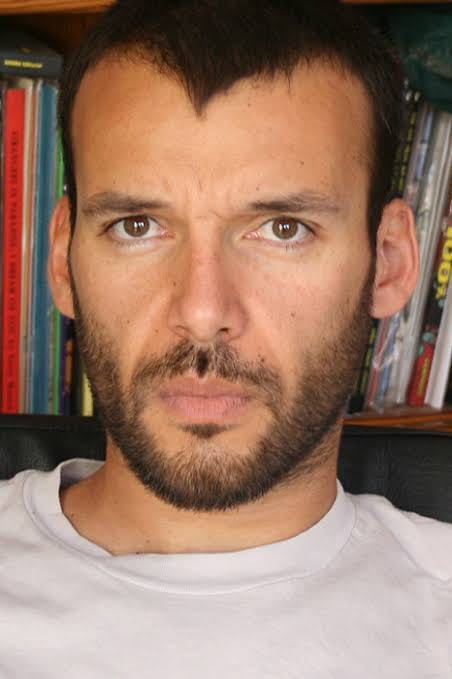Ghostwriter: Missing Men, A Pregnant Woman and A Radio Show
A graphic novel set in the Francoist Spain...
Laia is a scriptwriter for a radio advice program for women in 1943, Barcelona. Living alone is affecting her job prospects, while the disturbing letters from distraught women are affecting her psychologically. Though she resists writing violent advice, she gets admonished for advising to break relationships with abusive men by the Catholic management. She's pregnant and claims that her husband, Alfonso, is away. But she has also hired a detective and a hypnotist to track him. He begins searching for her husband in the background of gruesome murders of several married men, all the while feeling there is more to the mystery than what meets the eye.
Ghostwriter is an award-winning graphic novel by Rayco Pulido originally published in Spanish in 2016. Its English translation by Andrea Rosenberg is published by Fantagraphics in 2020. While primarily a mystery and a black comedy, the plot exposes the patriarchal mindset in the society of the time, which was propagated through media that emphasized the need for women to suffer for the sake of their family and bear children even when their men turned wayward and abusive. Though not openly mentioned, it is alluded that the hands of the Spanish dictator Franco are behind such propaganda.
El Consultorio de Elena Francis was a very influential show in Spain, which targeted female audiences and was hosted by a fictional host, 'Elena Francis,' who dispensed life advice as answers for letters from viewers. The answers were mostly based on the ideological perspective of the Franco regime that reinforced the patriarchal values of the society. While only selected letters were read in the show, without revealing the identity of the sender, there was a team of scriptwriters who answered every letter personally, even if they were not selected for broadcast. Years later, when a large cache of old letters was found, the content indicated all the depravity of the times.
The graphic novel is narrated using elements of crime noir and with a lot of twists and turns in its plot. The novel also deals with the psychological state of its protagonist, which hugely impacts the story. The entire fare is topped with dark humor. All these elements highlight the mystery in the plot and, to some extent, make the social commentary dealt in it more subtle. Though the political angle isn't mentioned explicitly anywhere, the general lawlessness, poverty, societal decay, and police brutality very clearly emphasize the time period.
Rayco Pulido uses a black and white palette to narrate his story. He also uses the bright orange color to achieve a Schindler effect while depicting blood, which exaggerates the impact of violence and dramatic tension. Heavy use of black and white shades captures the elements of crime noir perfectly, which is perfectly visible in several frames that use shadows. While many contemporary novels use the frames innovatively, Pulido strictly uses classic boxes and keeps the reader captured in the period setting and prevents their attention from being diverted from the plot, which is important for a mystery. The facial art is also expressive and complementary to the mystery. While the composition is largely minimalist, an observant reader can identify several subtle details cleverly hidden in it. This may be an issue with the translation, but the typed text boxes were a turnoff.
Ghostwriter, the graphic novel by Rayco Pulido, intermixes genres to tell a twisted psychological mystery with elements of noir and dark humor. Set in the decadent Spain of Franco, it portrays a society that uses propaganda to promulgate its patriarchal ideology that strives to keep women tied in abusive relationships that they find themselves in while absolving the responsibility of men.





